Recipe for success: What Russian football players eat
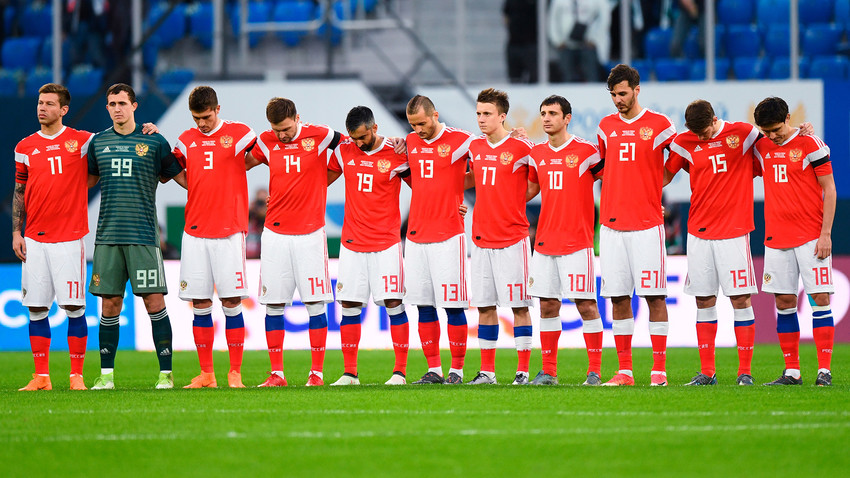
Russian football team.
Grigoriy Sisoev/SputnikSome football players’ tastes are decidedly unsporty. The former captain of Russia’s football team Andrei Arshavin likes to eat pancakes with condensed milk, while the former CSKA player Daniel Carvalho is known for drinking cola after each match. Nevertheless, athletes are now forced to follow strict diets, especially during competitions, in a bid to improve performance. So, what type of things do they eat?
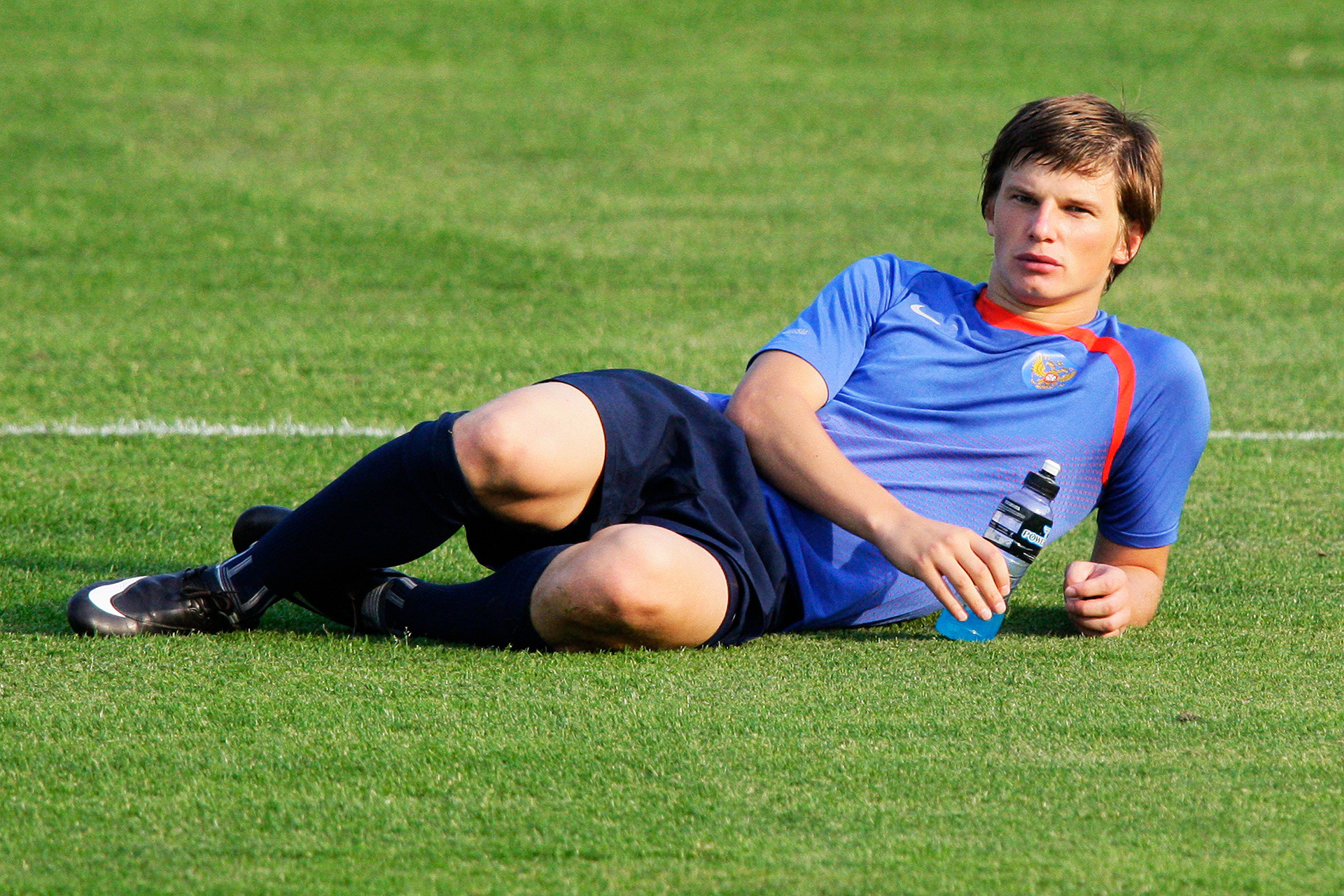
Andrei Arshavin.
Anton Denisov/SputnikThe dos and don’ts during training
During training camps, Russian athletes are usually only allowed to choose food from a special menu - so sneaking out for a quick takeaway is strictly prohibited. Diets are closely monitors, so
CSKA chef Nikolai Kosaryov gets his team to start the day with porridge - except semolina - along with strawberries, kiwis, bananas, and other fruit. If an athlete doesn’t like porridge, there is another option – cornflakes or muesli with milk or yogurt.
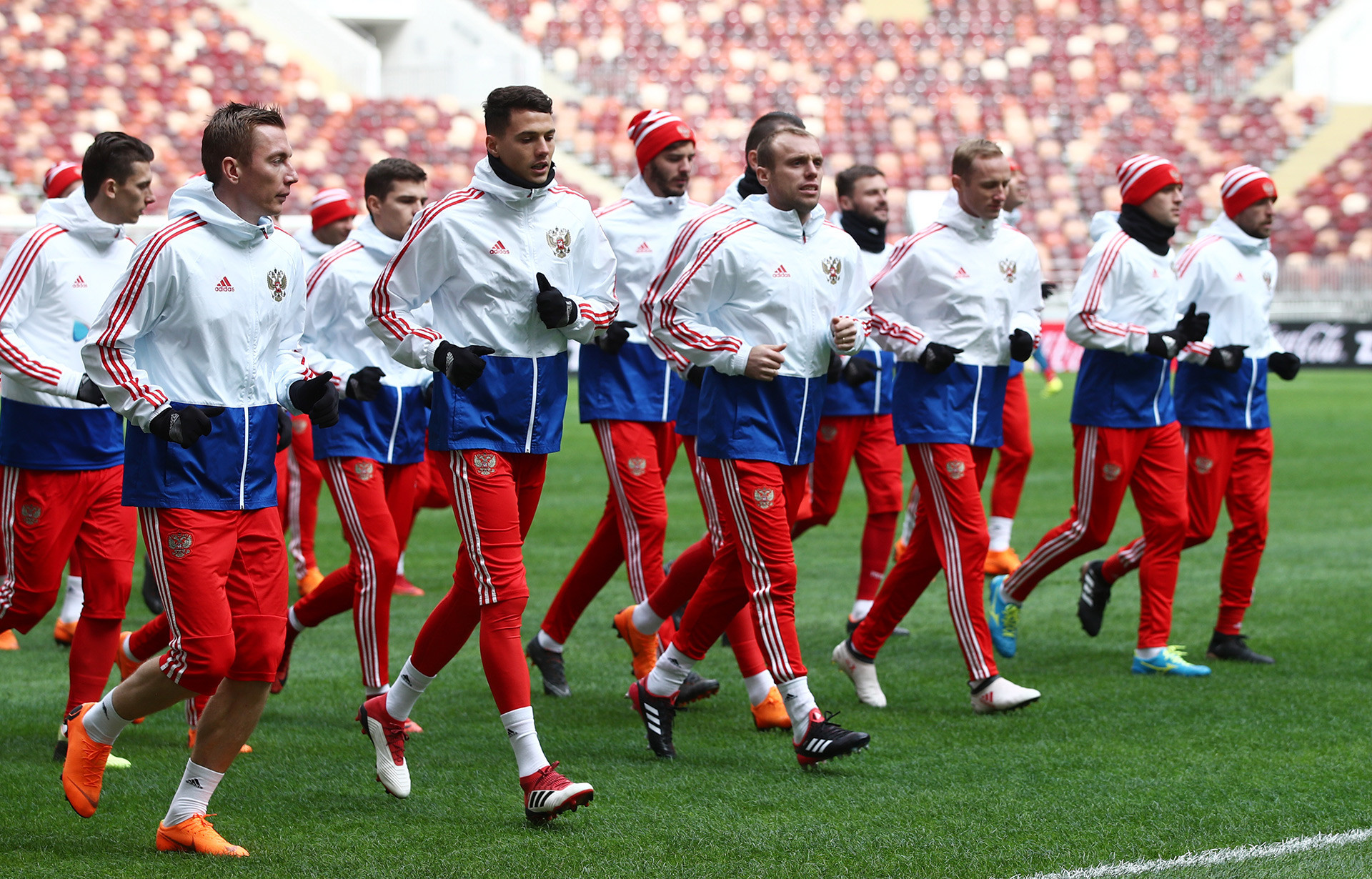
Russian team training before football friendly against Brazil, March 2018.
Valery Sharifulin/TASSIn between training sessions, the footballers eat rice or pasta: These are so-called complex carbohydrates that release energy gradually during physical activity. There is always meat and fish on the menu, as well as other types of seafood.
But foods high in fat: Fries, cream, mayonnaise, etc are banned. And of course, alcohol and energy drinks are also excluded – as they are not good for the liver.
Before the match
Two days before each game, the players exclude fatty meat (pork, mutton) and butter, while a day before the game they limit dairy products, according to Chief Physician of Team Russia Eduard Bezuglov.
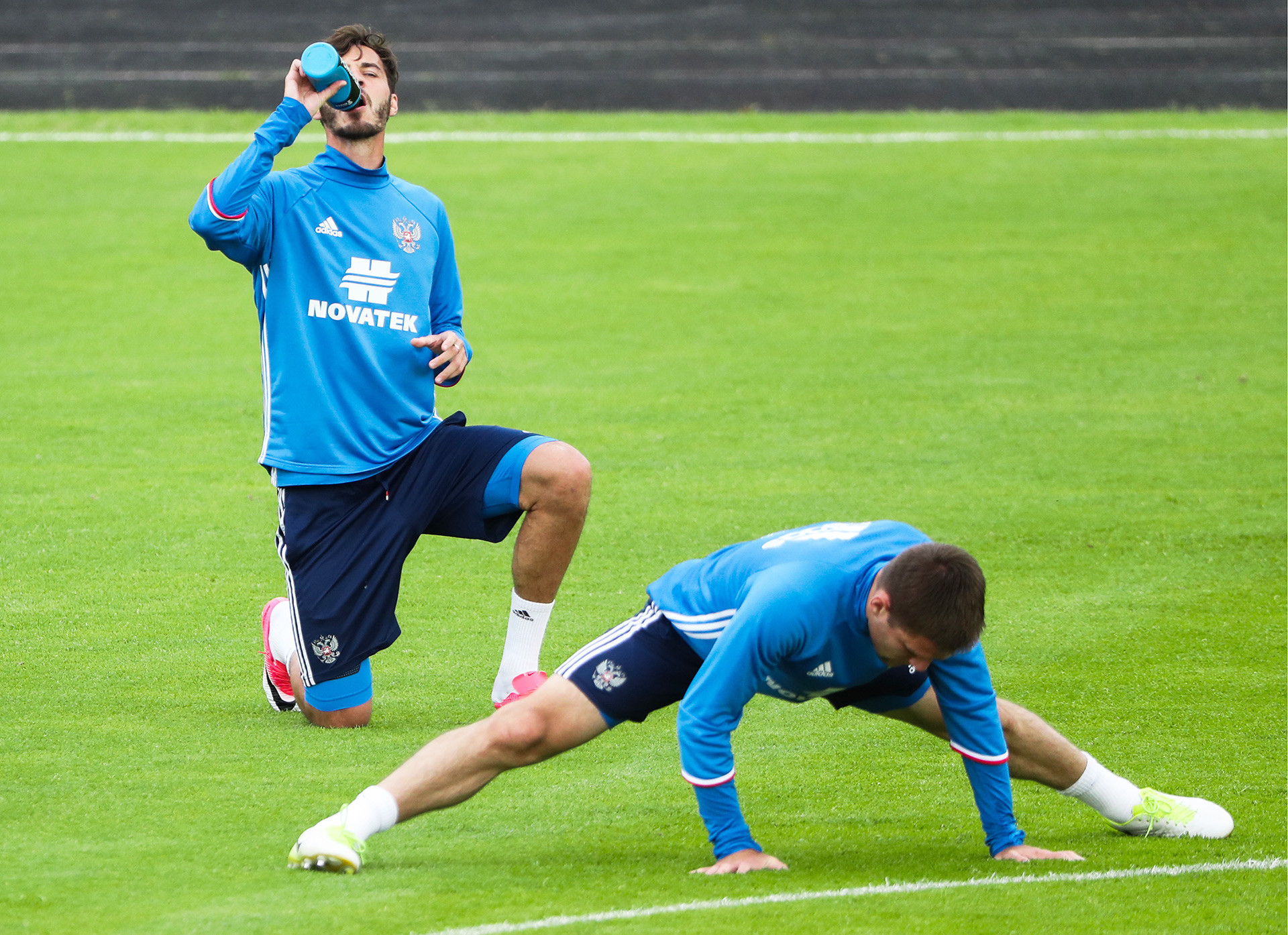
Russian national football team training ahead of friendly with Chile, June 2017.
Valery Sharifulin/TASSOn the day of competition, athletes eat three to 3.5 hours before the match and consume “long” carbohydrates (pasta or rice) with a source of protein like fish. Some mushrooms and exotic fruits are avoided to make sure the footballers don’t have any allergic reactions. These meals are always served with vegetables and
After the game
Following
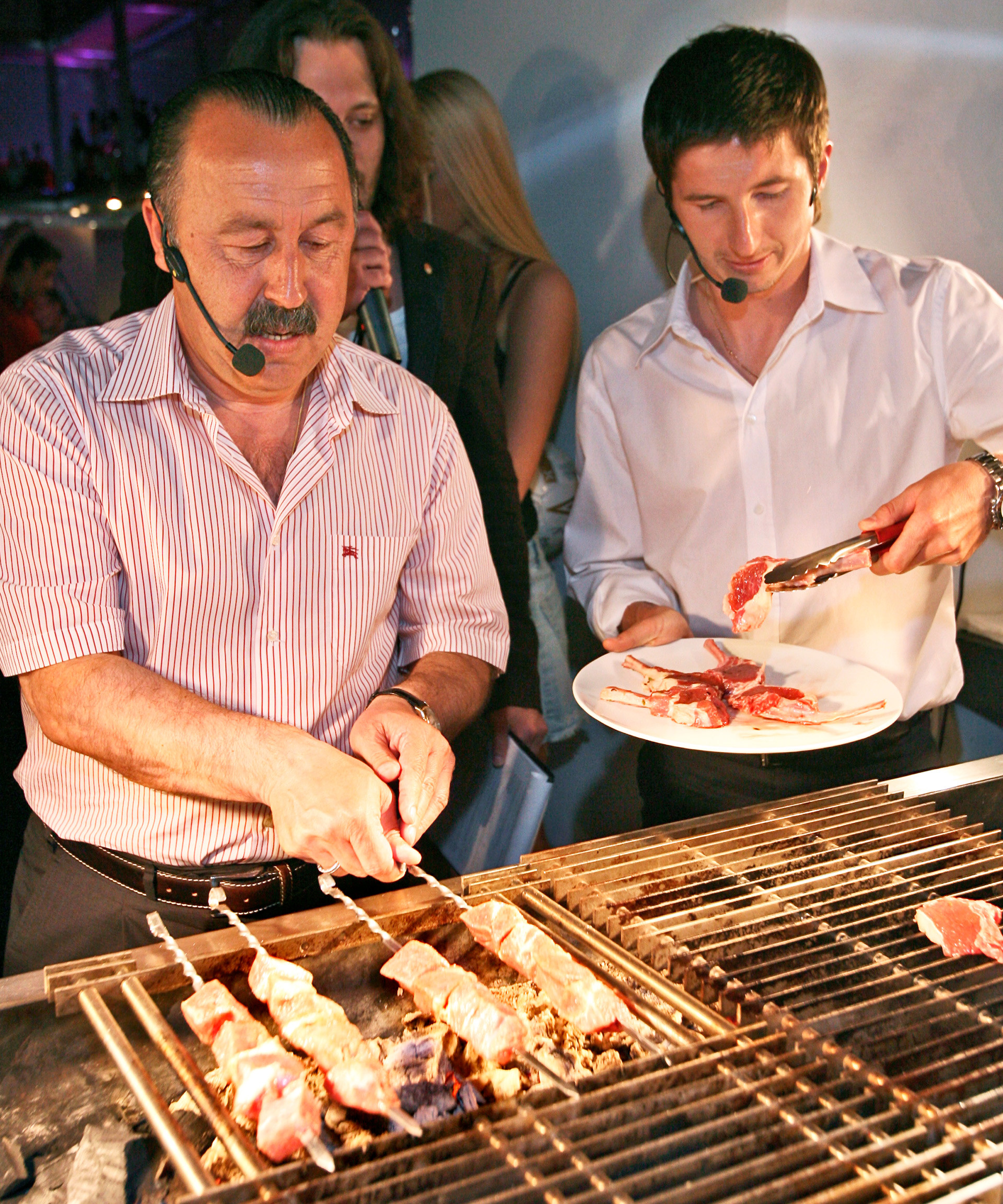
CSKA head coach and midfielder cook grilled meat in the Moscow restaurant.
Mikhail Fomichev/TASSDuring this period, chefs prepare things like pizza, pies, and even pancakes. Some teams are allowed to drink a glass of wine or beer, but nutritionists say the majority of footballers pass up on this option.
The ideal daily menu of a football player
Breakfast: Tea or coffee, oatmeal porridge cooked with the water with honey, toast with jam or honey.
Lunch: Spaghetti, grilled chicken breast or salmon steak, grilled vegetables with olive oil.
Evening meal: Like lunch but with vegetables, salad, and fruit for pudding.
What do you think about this diet plan? Write your thoughts in the comment section below. Read more about the menu of football fans for the 2018 World Cup in Russia here.
If using any of Russia Beyond's content, partly or in full, always provide an active hyperlink to the original material.
Subscribe
to our newsletter!
Get the week's best stories straight to your inbox